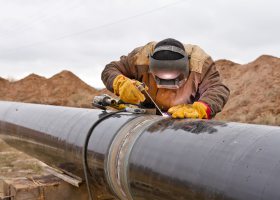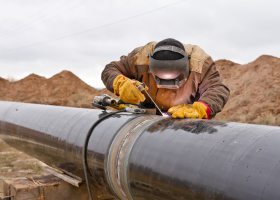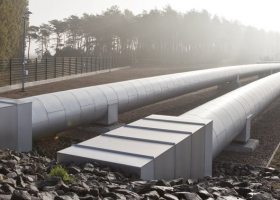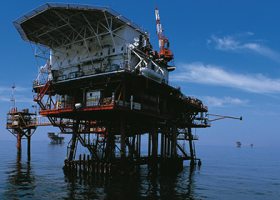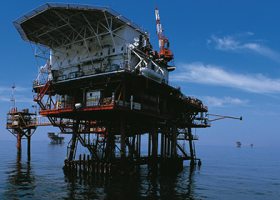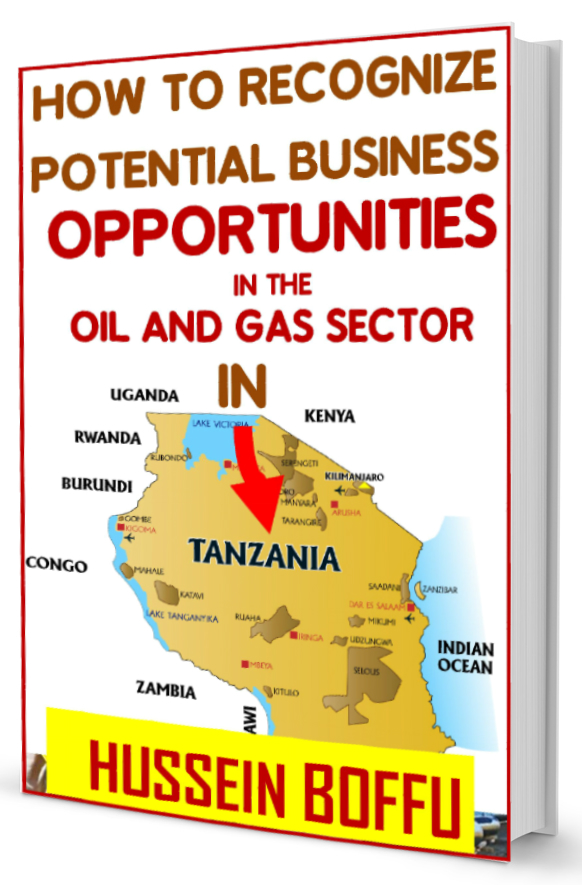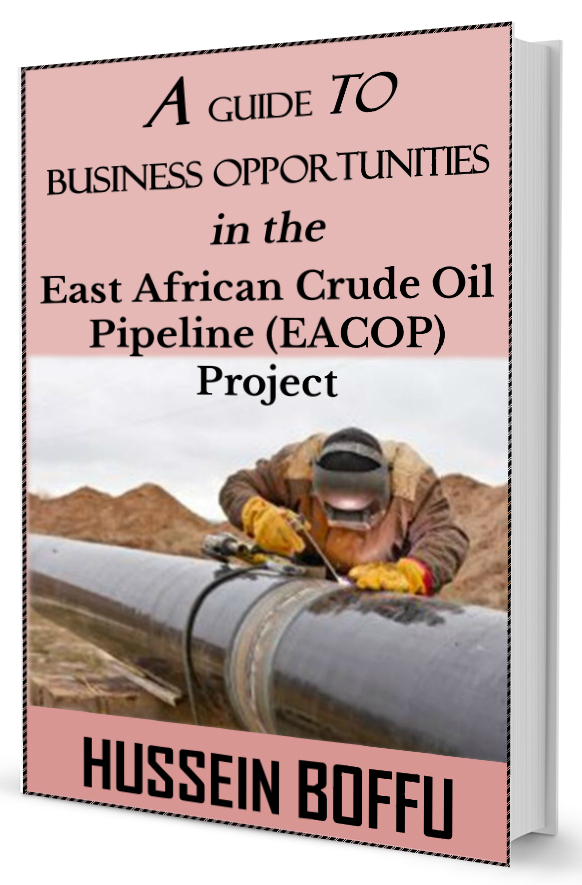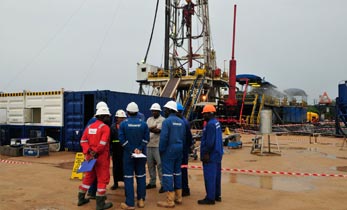
Fuel is a vital resource driving both local economies and daily life across Africa, making petrol stations indispensable for transportation, agriculture, and industrial sectors. With Africa’s growing demand for fuel, starting a petrol station in Tanzania or other African countries offers an attractive business opportunity.
However, this venture requires substantial investment, regulatory approvals, and a strong operational strategy to be successful. This blog post will guide you through the essentials of starting a petrol station in Tanzania and Africa, covering opportunities, necessary steps, potential challenges, and tips for long-term success.
Why Start a Petrol Station in Tanzania and Africa?
- Growing Fuel Demand
Africa is one of the fastest-growing regions in terms of fuel consumption, driven by rapid urbanization, economic growth, and an expanding transportation sector. In Tanzania, for example, fuel demand is rising as both personal and commercial vehicle ownership increases.
- Strategic Investment in Infrastructure
Many African governments, including Tanzania’s, are investing in road and infrastructure projects to support economic growth. New roads and transportation networks create additional opportunities for petrol stations, especially in underserved regions or areas where new infrastructure is being developed.
- Diverse Revenue Streams
A petrol station isn’t just about fuel sales. Many successful stations also operate convenience stores, car wash services, and quick-service restaurants. These add-ons offer additional revenue streams, improve customer experience, and can increase profitability.
- Job Creation and Community Impact.
Petrol stations create local jobs and contribute to community development by offering accessible fuel services and essential retail products. For entrepreneurs interested in contributing to local economic development, a petrol station can have a positive, lasting impact.
Key Steps to Starting a Petrol Station
- Conduct Market Research
Understand the demand for fuel in your target area, evaluate competitor presence, and identify any underserved regions where a petrol station would be beneficial. Market research helps you make informed decisions about location, pricing, and additional services.
- Select a Strategic Location
Location is one of the most critical factors in a petrol station’s success. Choose a location with high traffic flow, visibility, and easy accessibility. Proximity to highways, main roads, or industrial areas can boost footfall and fuel sales. Additionally, check for zoning regulations and local government requirements for operating a petrol station in your chosen area.
- Obtain Licenses and Permits
Starting a petrol station requires several permits and licenses from regulatory bodies. In Tanzania, for example, you need approvals from agencies such as EWURA (Energy and Water Utilities Regulatory Authority) and the National Environmental Management Council (NEMC). These agencies ensure your petrol station meets environmental, health, and safety standards.
- Plan Your Infrastructure and Facilities
Invest in high-quality fuel storage tanks, pumps, and other necessary equipment. Consider the layout for your station to optimize the customer experience and ensure safety. Decide whether you’ll offer additional services, such as a convenience store or car wash, as these will affect your design and facility requirements.
- Secure Fuel Suppliers and Negotiate Contracts
Establish relationships with reputable fuel suppliers to ensure a steady supply of quality fuel. Negotiate favorable contract terms, especially regarding fuel delivery schedules and prices. Many entrepreneurs choose to work with established oil companies through franchise agreements, which can provide brand recognition and operational support.
- Hire and Train Staff
Staff play a key role in delivering quality customer service. Hire reliable attendants, cashiers, and support staff, and invest in training programs focused on safety, service, and fuel handling. A well-trained team not only boosts customer satisfaction but also enhances operational efficiency.
- Implement Safety and Environmental Measures
Safety is paramount in the fuel business. Install fire safety equipment, create emergency response protocols, and implement environmental safeguards to prevent fuel leaks or spills. Regular inspections and maintenance are essential for keeping your station compliant with regulatory standards.
- Market Your Petrol Station
Build awareness of your petrol station by implementing marketing strategies, such as roadside signage, local advertising, and special promotions. Social media can also be an effective way to reach a local audience, particularly if you’re offering additional services like a car wash or convenience store.
Challenges of Starting a Petrol Station in Africa
- High Initial Investment
Building and operating a petrol station requires significant capital investment, covering everything from land acquisition and infrastructure to licensing and initial fuel stock. Accessing financing can be a challenge, but exploring bank loans, partnerships, or investor support can help secure the necessary funds.
- Regulatory Compliance
The fuel industry is highly regulated, and failure to meet regulatory standards can lead to fines, operational shutdowns, or even revocation of licenses. Compliance with health, safety, and environmental regulations is a priority, so be prepared to navigate various regulatory requirements.
- Fluctuating Fuel Prices
Fuel prices are subject to global market fluctuations, which can affect profitability. Stay updated on industry trends and implement cost-saving measures where possible to maintain stable operations, even when prices are volatile.
- Competition from Established Brands
Competing with well-known fuel brands can be challenging, especially for new stations. Building customer trust and brand recognition will require a strong emphasis on customer service, competitive pricing, and potentially offering unique services that differentiate your station from established players.
- Supply Chain and Distribution Challenges
Managing fuel supply logistics in Africa can be challenging, especially in regions with underdeveloped infrastructure. Delays or disruptions in supply can impact your ability to serve customers consistently, so work with reliable suppliers and establish a contingency plan for potential shortages.
Tips for Building a Successful Petrol Station Business
- Focus on Customer Experience
Provide excellent service, maintain a clean and safe environment, and ensure efficient fuel dispensing to create a positive experience for customers. Happy customers are more likely to return and recommend your station to others.
- Consider Adding Complementary Services
Boost revenue by adding a convenience store, a small restaurant, or a car wash. These additional services not only provide extra income but also encourage customers to spend more time at your station.
- Invest in Technology for Efficiency
Technology can help improve efficiency and reduce operational costs. Automated fuel dispensers, inventory management software, and security systems can streamline operations and reduce risks associated with fuel theft or stock shortages.
- Build Relationships with Local Businesses
Partner with nearby businesses for cross-promotional opportunities or bulk fuel supply contracts. For instance, a nearby transportation or logistics company may rely on your station for refueling, creating a steady source of income.
- Stay Updated on Industry Trends
The fuel industry is evolving with alternative energy options and eco-friendly technologies on the rise. Monitor industry trends and consider diversifying your services to include EV charging stations or renewable fuel options if these are viable in your location.
Conclusion
Starting a petrol station in Tanzania or Africa presents a lucrative opportunity, driven by rising fuel demand and the need for accessible fuel services. However, this venture requires careful planning, significant investment, and adherence to regulatory standards.
By focusing on location, customer service, operational efficiency, and safety, you can build a profitable petrol station that meets the needs of local communities and grows alongside Africa’s development. Whether you’re a local entrepreneur or an investor, entering the petrol station business can be a rewarding endeavor with long-term potential for success.
Introduction…
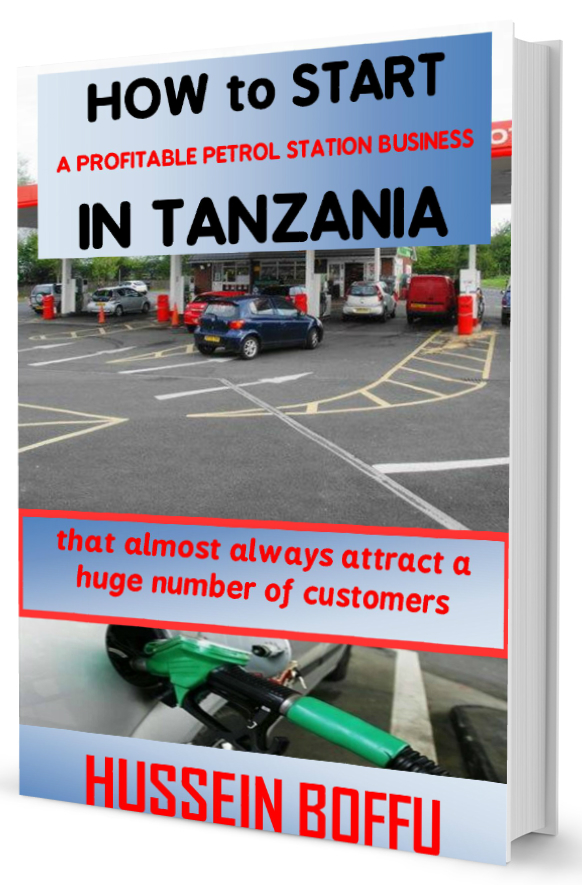
In this book, you’ll learn:
- Three ways to start a filling station business in Tanzania, and the easiest among them.
- The steps and procedures to obtain licenses and permits to setup a petrol station.
- The list of certificates you need to run a petrol station.
- The cost of setting up a petrol station in Tanzania.
- The equipment and machines you need to have a complete filling station, their prices, and where you can buy them.
- The factors determining the profit margin of petrol stations.
- Three ways to become a dealer of oil companies in Tanzania.
- How to setup a petrol station using the brand name of major oil companies in Tanzania such as Total, PUMA, etc.
- The marketing strategies you should employ for your station.
- How to control theft and avoid robbery in your station. (Ignore this and watch robbers flock in every now and then.)
- The challenges associated with running a petrol station.
Download this guide for a token of TZS 50,000 now.
To buy the book, you can follow this link and order it on amazon ( Petrol Station Business Guide On Amazon ) or make a payment of TZS 50,000 through Tgo pesa, M-pesa to any of these numbers
- +255689955711
- +255655376543
Once your payment is done, send an SMS to +255689955711or +255655376543 with the following details:
- Your full name.
- Your email address.
Alternatively, send an email with the above details to info@tanzaniapetroleum.com The moment we receive your email or SMS, and we confirm your payment, the eBook will be delivered to your email address (in PDF format) within ten minutes.
You can then download it and read it on your Smartphone or computer.
Frequently Asked Questions
1.What kind of book will I receive?
The book will be in PDF format, delivered digitally via email. There are not physical copies of the book sold at this time.
2.What happens after payment?
Once a payment has been made, you will receive an email, and a download link with which to obtain a copy of the PDF book.
